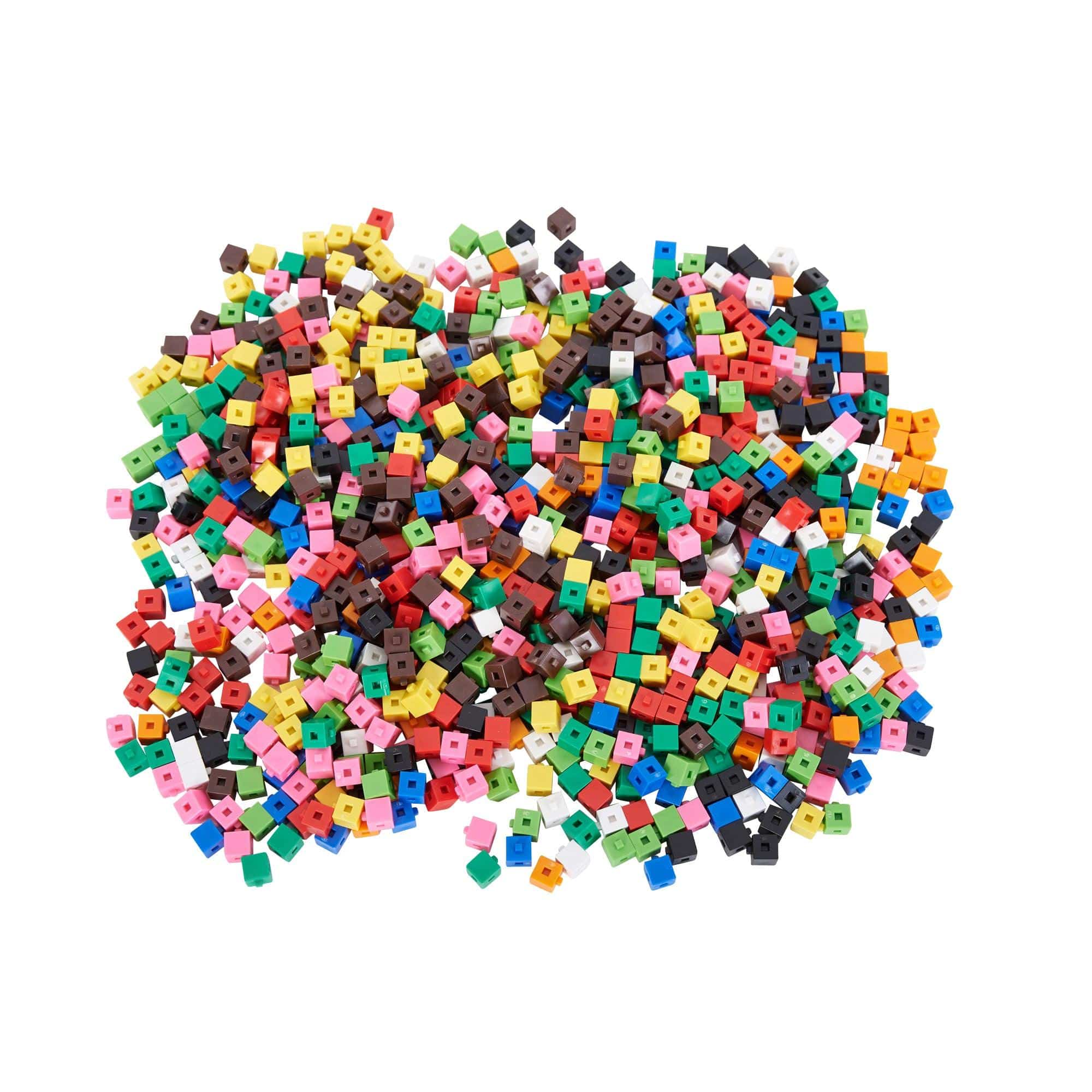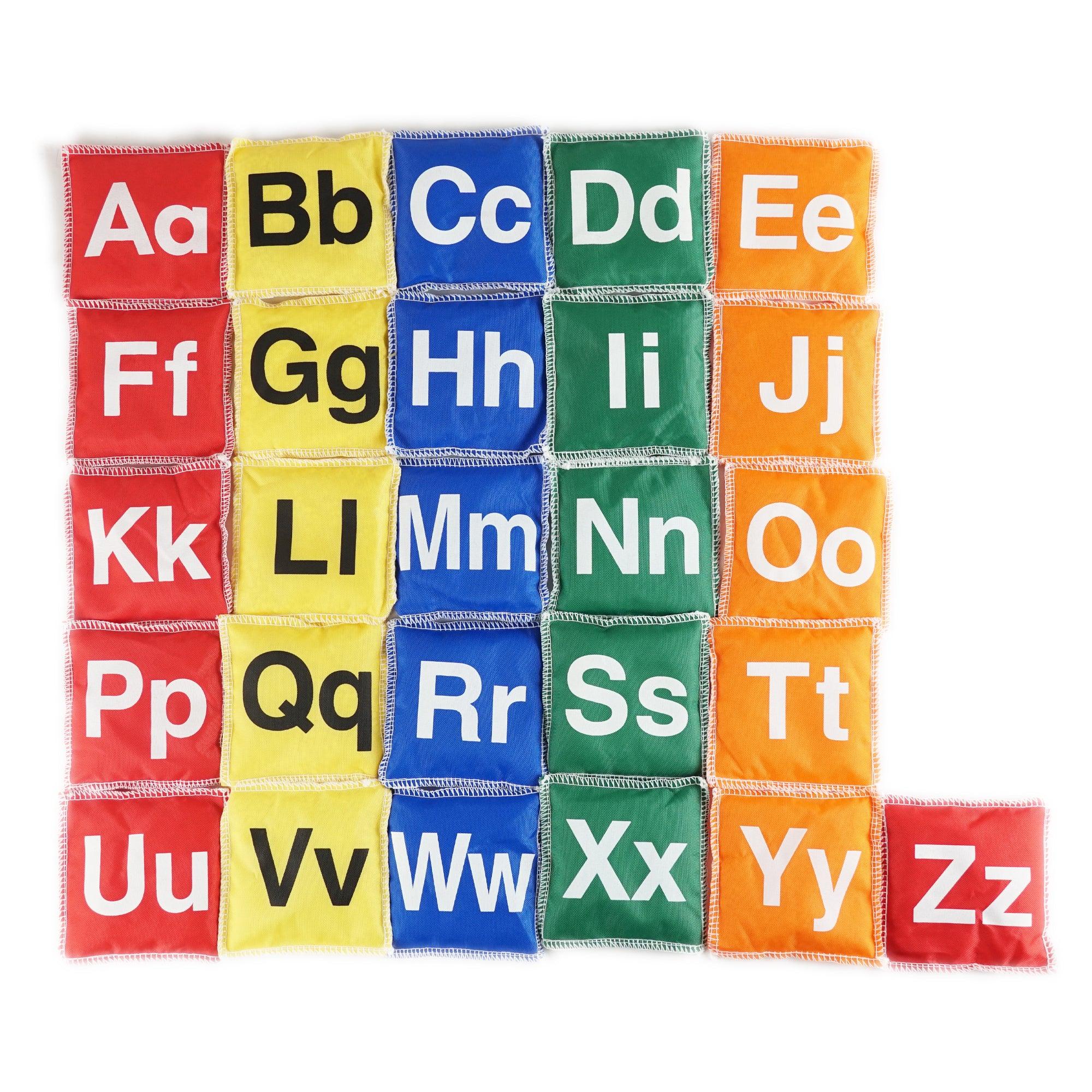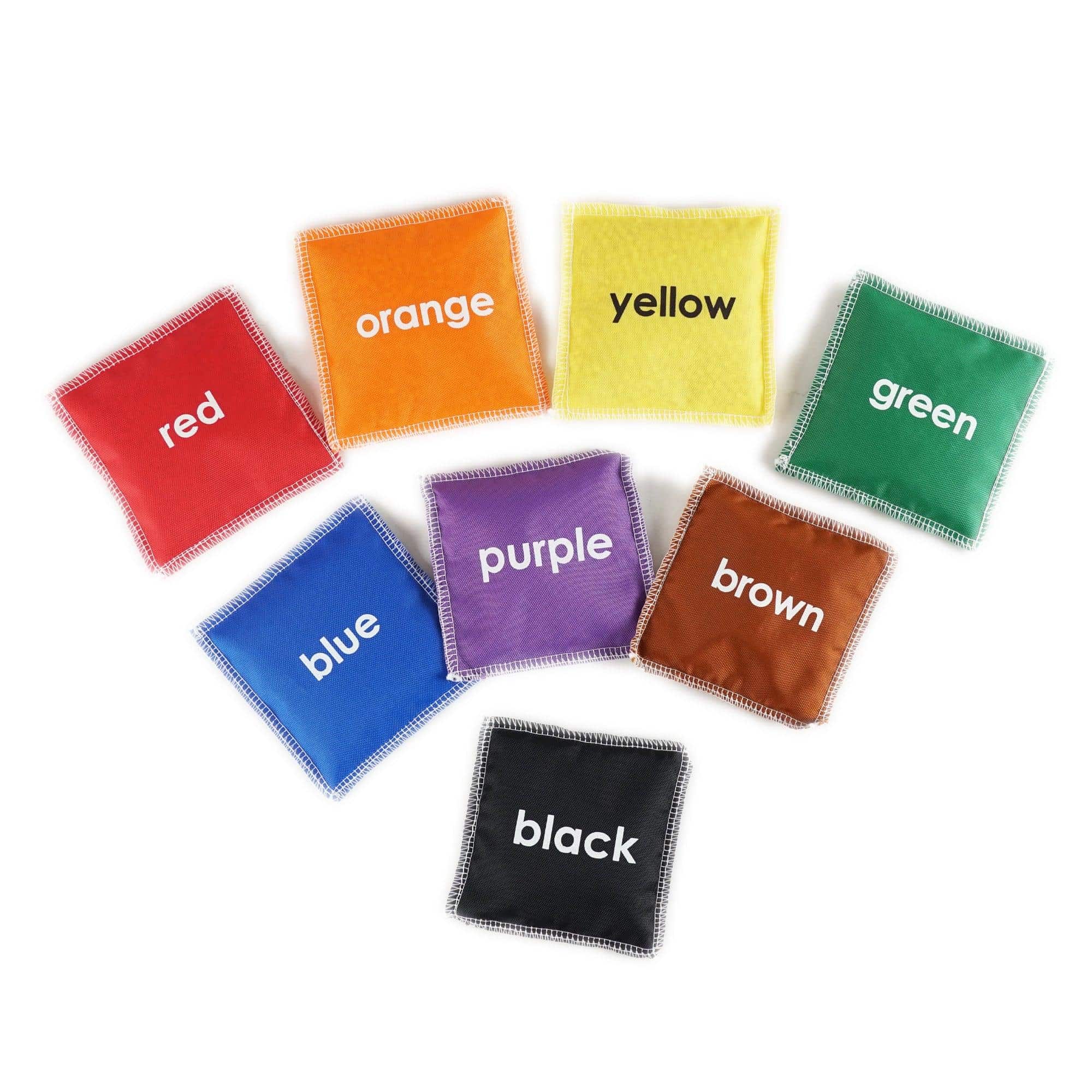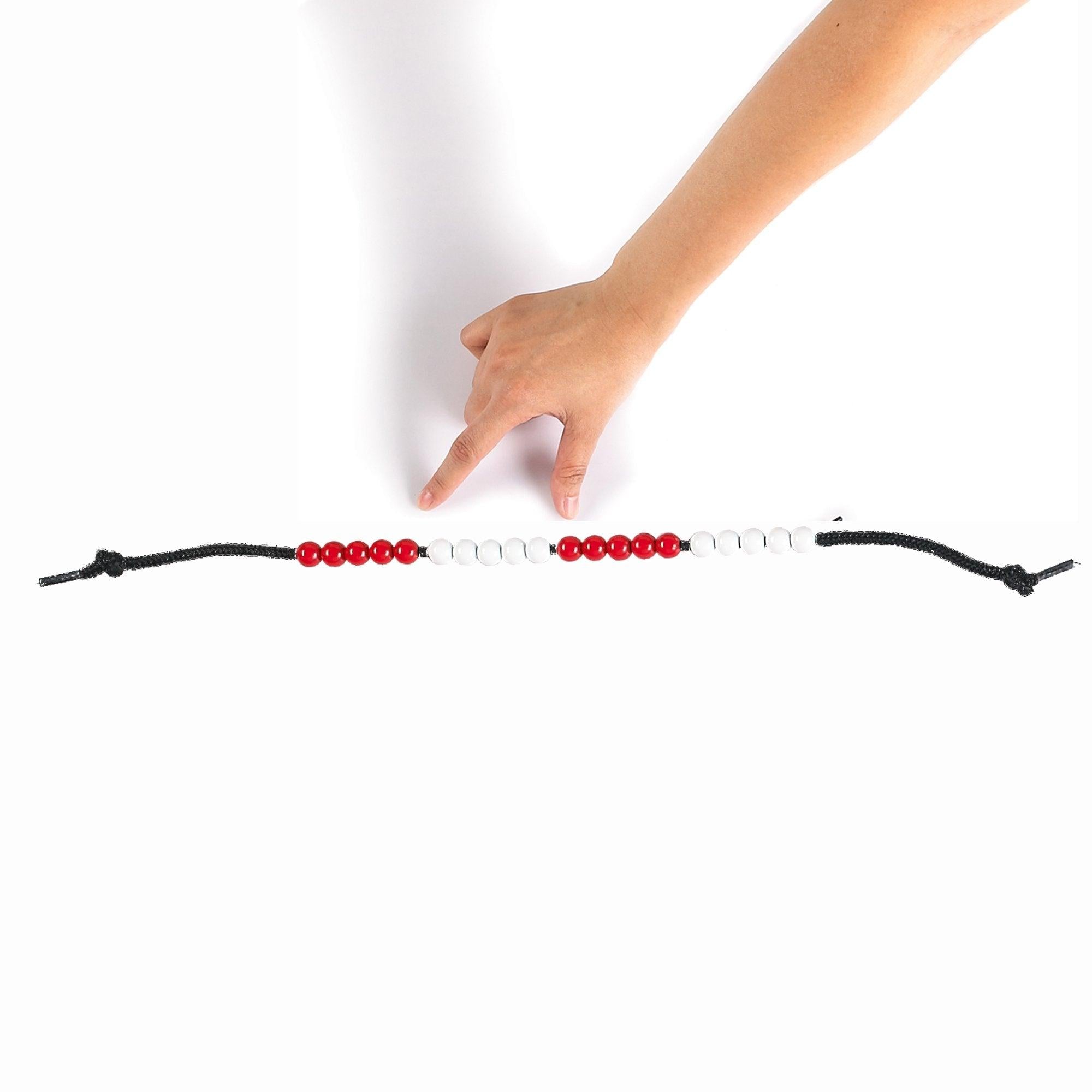The Advantages of DIY Toys for Sustainability and Creativity
Introduction
In today’s fast-paced, consumer-driven society, it’s essential to find ways to promote sustainability and encourage creativity in our lives. One such way is by embracing DIY (Do-It-Yourself) toys. By opting for DIY toys, you not only reduce waste and carbon footprint but also foster imagination and resourcefulness in both children and adults. In this article, we will explore the numerous advantages of DIY toys, highlighting their features that contribute to sustainability and creativity.
Advantages of DIY Toys
1. Environmental Sustainability
DIY toys are an excellent choice for those concerned about the environment. Here are some key features that highlight their sustainability:
- Reuse: DIY toys often involve repurposing or reusing materials that might otherwise end up in landfills.
- Recycling: By utilizing recyclable materials, DIY toys contribute to reducing the demand for new resources.
- Reduced packaging: DIY toys typically come without excessive packaging, eliminating unnecessary waste.
- Minimal carbon footprint: As DIY toys are often made at home, they reduce the need for transportation and manufacturing processes, leading to a lower carbon footprint.
- Teaches eco-consciousness: Building and playing with DIY toys educate children about the importance of environmental sustainability, promoting responsible habits from an early age.
2. Unleashing Creativity
DIY toys also offer immense benefits for stimulating creativity. Here’s how:
- Customization: With DIY toys, you have the freedom to customize and personalize based on individual preferences, promoting a sense of ownership.
- Imagination development: As DIY toys often require active participation in their creation, they stimulate imaginative thinking and problem-solving skills.
- Open-ended play: DIY toys typically lack the structure and limitations of pre-made toys, allowing for open-ended play and exploration, fostering creativity.
- Hands-on experience: Engaging in the process of making DIY toys provides hands-on experience and encourages innovative thinking.
- Adaptable learning: DIY toys can be tailored to specific learning goals or themes, making them highly adaptable for educational purposes.
Conclusion
DIY toys offer a wealth of advantages for both sustainability and creativity. By choosing to create and play with DIY toys, you actively contribute to reducing environmental impact while fostering inventive thinking and problem-solving skills. So, why not embark on a DIY toy-making journey and experience these benefits firsthand? Embrace sustainability and encourage creativity through the power of DIY toys today!




